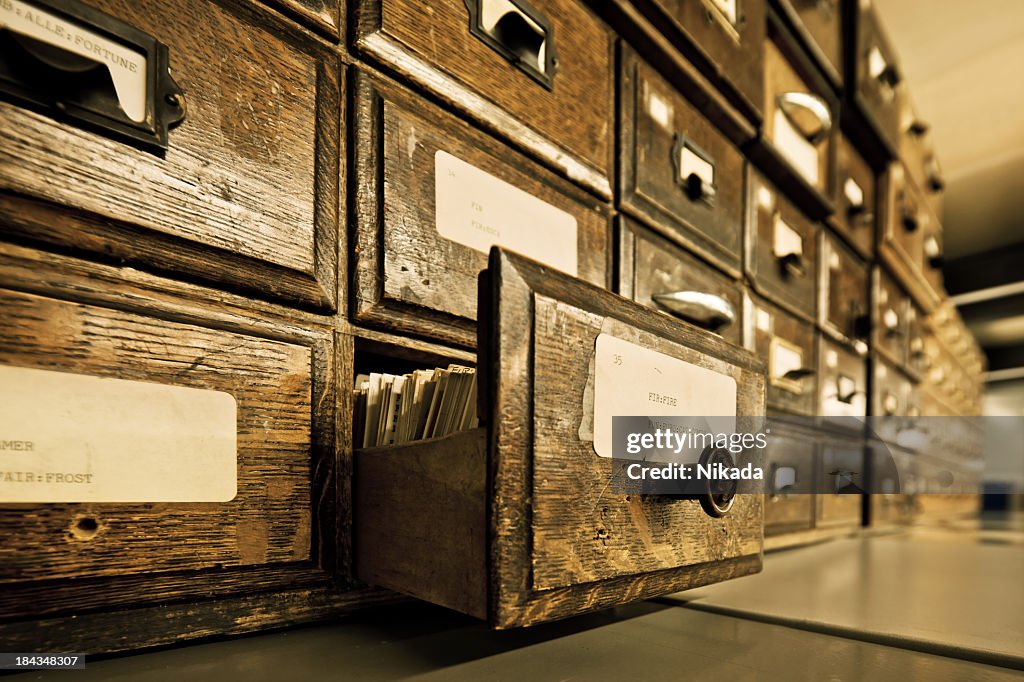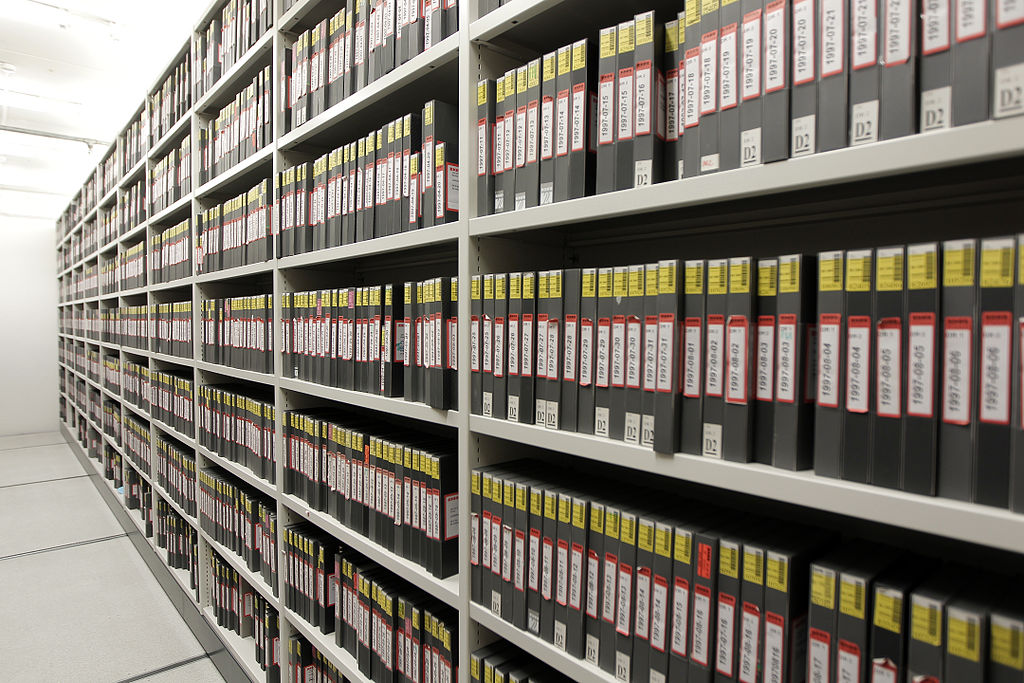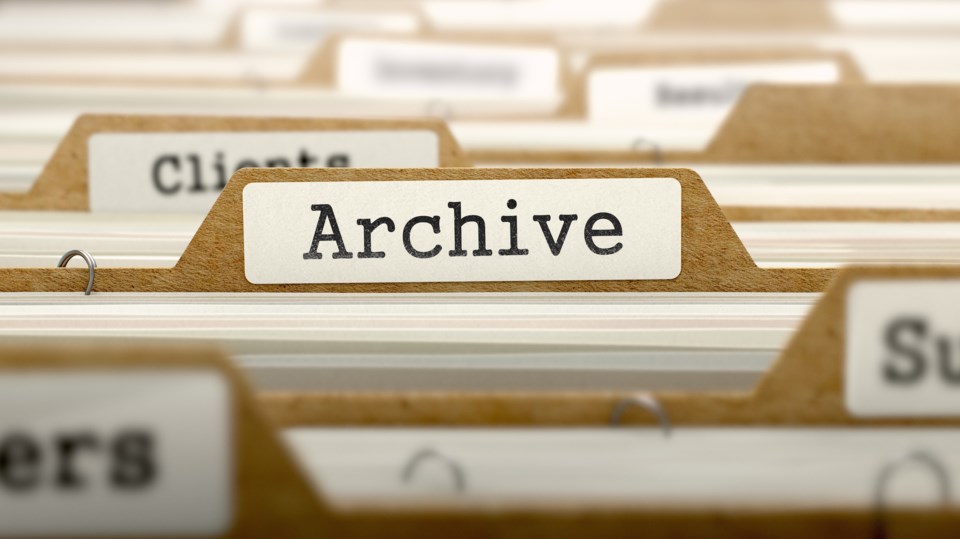Archive Or Our Own: Keeping Digital Memories Alive In 2024
Think for a moment about all the digital things that matter to you. Is that a lot of pictures, perhaps some old emails, or even websites you used to visit? It feels like everything online just stays there, right? But the truth is, a good bit of what we see and create on the internet can just vanish. This is why the idea of keeping things safe, whether by a big global effort or through our own careful planning, really matters. We're talking about making sure our digital past, and the internet's past, stays around for a while, so we can look back at it, or so future folks can learn from it.
There are two rather big ways we approach this whole idea of digital keeping. One way is a grand, collective effort, like a huge digital library that tries to save a piece of the entire internet. This is a bit like having a massive public archive, a place where things are kept for everyone. The other way is much more personal; it's about what we do with our own digital stuff, like tidying up our email, saving our photos, or making sure our personal messages are organized. It's about taking charge of our own little corner of the digital world, so to speak.
This discussion will look at both these important ideas. We'll explore the large-scale projects that work to save internet history, and then we'll get into the practical steps you can take to manage your own digital belongings. It's a way of looking at how we keep things safe, whether it's for everyone to see or just for our own peace of mind. So, we'll talk about how these two sides, the big public archive and your personal digital efforts, both help us hold onto what's important online, which is actually quite a lot.
- Weird Spotify Playlists
- Osceola County Sheriff Office
- Bmth Daily Echo
- Watch The Land Before Time
- Wolverhampton Wanderers Fc Vs Manchester United Fc Timeline
Table of Contents
- What's the Big Deal About Digital Keeping?
- The Grand Global Library: Internet Archive
- Taking Charge of Your Own Digital Space
- Archive or Our Own: Finding the Balance
- Frequently Asked Questions About Digital Archiving
- Your Digital Legacy: What's Next?
What's the Big Deal About Digital Keeping?
You know, it's almost funny how quickly things change online. A website you loved might just disappear one day, or an old email with a really important memory could get lost in a sea of new messages. This is why keeping digital things safe, or "archiving" them, is a pretty big deal. It's not just about neatness; it's about making sure that pieces of our shared online story, and our own personal stories, don't just vanish into thin air. So, whether it's a huge project to save the internet itself or just your own smart way of handling your emails, the goal is actually quite similar: to hold onto information and memories that have value.
The Grand Global Library: Internet Archive
Imagine a massive library, but instead of books made of paper, it's filled with copies of websites, videos, and all sorts of digital content from the internet. This is, in a way, what the "互联网档案馆" (Internet Archive) is all about. It's a non-profit group that started back in 1996, and their big idea was to build a global digital library of the internet. They really want to keep the internet's cultural heritage safe, so that people in the future can get to it and learn from it. It's a very ambitious project, aiming to make sure that even if a website shuts down, its pages might still be seen and studied.
A Look Back at Its Purpose
The main purpose of the Internet Archive is, quite simply, to preserve. Just like a traditional paper library collects books and documents for future generations, this digital library works to collect and keep internet content. They understand that the internet is a huge part of our culture, and without efforts like theirs, a lot of that history could be lost. So, they go about creating a kind of snapshot of websites, saving pages as they appear at different times. This means that even if a site is gone from the live internet for various reasons, the Internet Archive might still have a copy. It’s a bit like a digital time capsule, really, and it helps us see how things used to be online.
- Raleigh Capitol Ent
- How To Find Tweets From A Certain Date
- Write Alhamdulillah In Arabic
- Best Day Ever
- Squid Game Guard Without Mask
What It Means for Us
For everyday people, the Internet Archive is a pretty cool tool. You might be looking for an old article, a website that isn't around anymore, or just curious about how a famous site looked years ago. The Internet Archive often has those old versions saved. It means that information and insights, which could otherwise disappear, stay available for research and general curiosity. It's a way of keeping our shared online memory intact, so that we can look back and understand how the internet, and our world, has changed over time. This collective effort, you know, makes a huge difference in how we access history.
Taking Charge of Your Own Digital Space
While the Internet Archive works on a grand scale, there's also the very important matter of managing our own digital stuff. Our inboxes, our photos, our chat messages – these are all parts of our personal digital heritage, and keeping them organized and safe is a big deal. It’s about making sure your own digital life feels manageable, rather than overwhelming. This means knowing how to clean things up without losing what's important, and actually, it's pretty straightforward once you get the hang of it.
Clearing Out Your Inbox: Gmail's Way
One of the most common places our digital lives can get messy is our email inbox. If you use Gmail, you'll know that it can fill up fast. The good news is, you can clean up your inbox without actually deleting your messages. This is where archiving comes in handy. When you archive a message, it just moves out of your main inbox view but stays in your account. You can find these messages later in the "All Mail" section. It's a bit like putting a paper document into a filing cabinet instead of throwing it away. You can also "mute" messages, which is another way to stop seeing conversations you don't want to follow anymore, but still keep them.
To archive a message on your computer, you just open Gmail, open the message you want to archive, and then at the top, you click on the "Archive" button. If you have several messages to archive, you can check the boxes next to each one and then click "Archive." It's very simple. On your Android phone or tablet, it's also easy: open the Gmail app, tap the sender's profile image on the left of the message, and then at the top, tap "Archive." It's a quick way to get your inbox looking much tidier, and you don't lose anything important, which is a relief.
Organizing Your Digital Life with Labels and Filters
Beyond just archiving, Gmail offers other smart ways to keep your email in order. You can use labels to categorize your messages, which is like putting different colored tabs on your physical files. This helps you quickly find emails related to specific projects, people, or topics. Filters are also incredibly useful; you can set up rules that automatically move incoming messages to certain labels, or even directly to your archive, based on who sent them or what words are in the subject line. This can really cut down on the clutter in your main inbox. You can also star important messages, snooze them to deal with later, or delete messages you truly don't need anymore to keep things clear. For those who use Outlook, you can even set up rules to periodically move messages from your inbox to an Outlook archive file, which is pretty neat.
Saving Your Own Stories: Google Takeout and Beyond
Your email isn't the only part of your digital life that might need some attention. What about all those photos, videos, and chat conversations? If you have a Google account, there's a tool called Google Takeout that lets you download your data from various Google services, including your chats. You can create an archive of your own data to keep for your records, or even to use that data in another service. For example, you can download all your Google Photos and videos at once, without having to pick them out individually. This is a very powerful way to make sure you have your own copies of your most precious digital memories, which is something many people forget to do.
Beyond Google services, managing your own digital space can also mean looking at where application data is stored on your devices. For instance, in places like your Appdata folder, specifically the Local folder, that's where a lot of local application data gets saved. It's often where "junk" can build up. While you can't just assume what "definitely can be deleted," you can, with some experience, use human judgment to decide what to keep and what to clear out. It’s all part of taking control of your own digital footprint, and actually, it feels good to have that kind of order.
Archive or Our Own: Finding the Balance
So, we've looked at the "archive" side, which is the big, collective effort of the Internet Archive to save the web's history for everyone. And then there's the "our own" side, which is all about how we personally manage our emails, photos, and other digital belongings to keep our own lives organized and our memories safe. Both of these approaches are actually quite important. The Internet Archive makes sure that cultural heritage on the web doesn't disappear, providing a kind of public memory. Our own efforts, on the other hand, give us control over our personal digital space, ensuring that our individual stories and important information are there when we need them. It's about finding a good balance between relying on these big public efforts and taking personal responsibility for our own digital stuff. So, in a way, they both work together to build a more reliable and accessible digital future, which is pretty cool if you think about it.
The rise of platforms like 知乎 (Zhihu), which started in 2011, shows how much people value sharing knowledge and finding answers online. This kind of platform creates a huge amount of valuable content, and while it's a living, breathing community, the idea of preserving that knowledge, whether by the platform itself or by individual users saving what they find useful, is still a very relevant topic. It highlights the ongoing need for both large-scale digital preservation and personal archiving practices. It's a continuous process, you know, of creating and then making sure what's valuable stays accessible.
Frequently Asked Questions About Digital Archiving
People often have questions about how all this digital keeping works. Here are some common ones:
What's the difference between archiving and deleting a message?
Archiving a message, like in Gmail, moves it out of your main inbox view but keeps it stored in your account, usually in a place like "All Mail." Deleting a message, however, removes it completely from your account, often sending it to a trash folder first, and then it's gone for good after a certain period. So, archiving is about tidying up without losing anything, while deleting is about permanent removal. It's a pretty big difference, actually.
Can I get my old website back if it's been shut down?
If your website has been shut down, you might be able to find old versions of its pages on the Internet Archive. This non-profit organization works to preserve internet content, so even if a site is no longer active, the Internet Archive often has copies of its past pages. It's not a guarantee, but it's often the best place to look for historical web content. You know, it's a great resource for that kind of thing.
How can I save all my photos and videos from Google at once?
You can use Google Takeout to download all your Google Photos and videos at once. This tool lets you create an archive of your data from various Google services. It's a simple way to get a copy of your entire photo library without having to select each item individually. This is a very handy feature for personal backups, which is something you really should consider doing.
Your Digital Legacy: What's Next?
As we move forward in this digital age, the questions around "archive or our own" will only become more pressing. The sheer volume of information we create and consume means that both large-scale preservation efforts and individual digital hygiene are more important than ever. It's about being mindful of what we create, what we keep, and how we ensure that valuable pieces of information, whether personal or collective, remain accessible. Knowing how to manage your own digital footprint, and appreciating the work of global archives, means you're much better prepared for the digital future. So, take a moment today, November 28, 2024, to think about your own digital space, and maybe even explore what the Internet Archive holds. You might be surprised at what you find, or what you can keep safe.
Learn more about digital preservation strategies on our site, and link to this page for more email organization advice.
For more information about the Internet Archive and its mission, you can visit their official website: https://archive.org. It's a really good place to see their work firsthand, actually.
- Laura Ingraham Contact
- Princess Beatrice Daughter Athena
- Why Did The Scarecrow Win An Award
- Curt Cignetti Daughters
- Stella Sky Nude

Archive High-Res Stock Photo - Getty Images

Why Do You Need to Archive Data? - ithemesky

BEYOND LOCAL: Digitizing archives can increase access to information